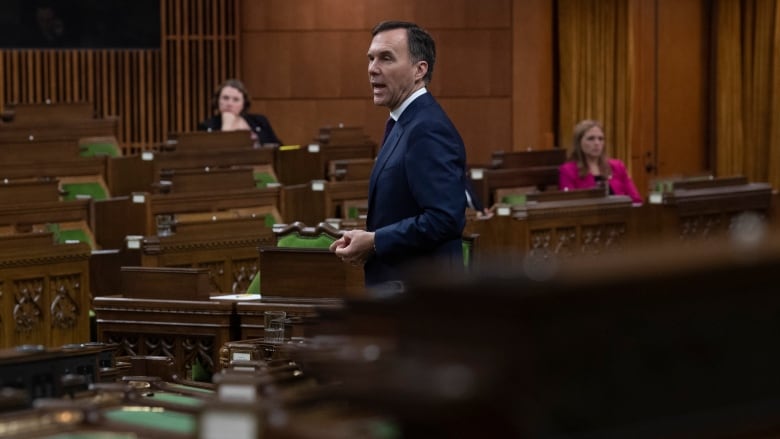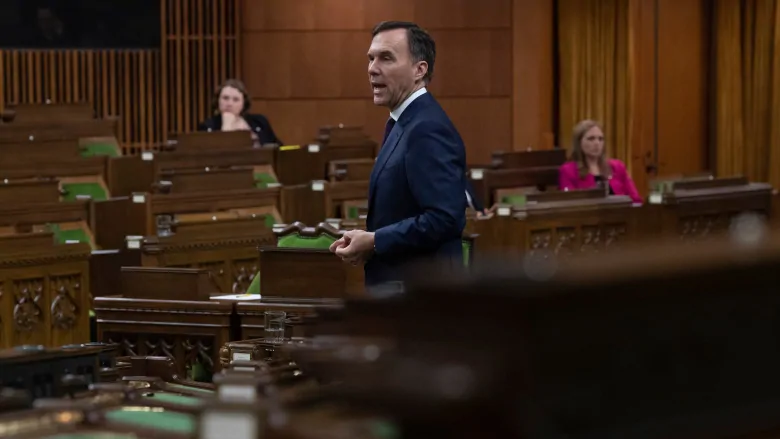Last night’s gathering of the House of Commons to pass pandemic response legislation was remarkable for what it didn’t feature: heckling, applause and personal attacks. It also proved that Canada’s parliamentary system is perfectly capable of putting knee-jerk partisanship into cold storage in an emergency.

In the wee small hours of Wednesday morning, after a day of negotiations, members of the House of Commons met to discuss and pass emergency measures to address a global health emergency.
The episode might someday serve as a case study in the politics of pandemic.
The sitting and the dispute that preceded it were extraordinary in every respect. But the official proceedings were also notable for what they lacked.
There was no heckling or jeering, very little clapping — and only glancing attacks upon anyone’s character.
It was not an entirely friendly affair — though one opposition member did publicly thank the minister of foreign affairs for his efforts in trying to repatriate Canadians abroad.
When the circus left town
But it was not quite the circus-like atmosphere we’ve come to associate with Parliament.
“I am confident that all parliamentarians will rise to the occasion,” Finance Minister Bill Morneau said in asking the House to approve his legislation. “Canadians are counting on us.”
“If I could take off my partisan hat for just a moment,” Conservative House leader Candice Bergen replied. “I think we all recognize what a difficult time this is, obviously, for the country, for the world and for the Canadian government, of any political stripe, this is a very heavy load to bear.
“And I’m glad that we can be here together, not always agreeing, but agreeing on one thing, and that is that we are putting the needs of our fellow Canadians first and foremost.”
Conservative Leader Andrew Scheer later criticized the Liberal government’s approach, which touched off a slight tussle between the Conservatives and the Bloc Québécois over how each party had approached the situation.
Nothing is really ‘above’ politics
Just before 6 a.m., the House of Commons voted to pass the legislation, though not unanimously (it seems that at least one MP on the Conservative side still had reservations).
It is sometimes said that certain issues or situations should be put “above” or “beyond” politics. The implication is that politics is an inherently grubby business. But politics is the lifeblood of society — the conversations, ideas, feelings and institutions that shape a nation.
What people likely mean when they say that politics should be “set as

